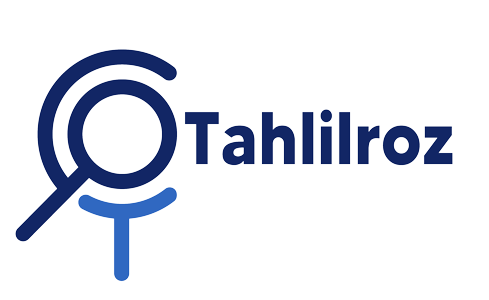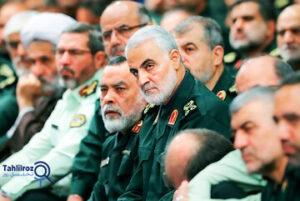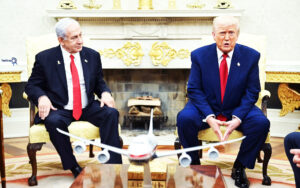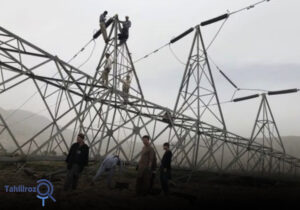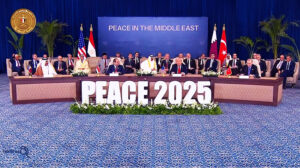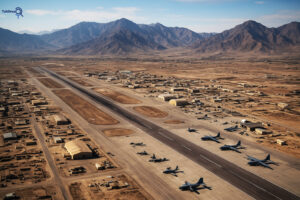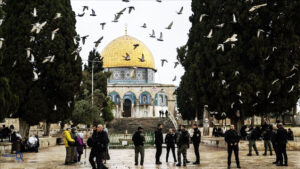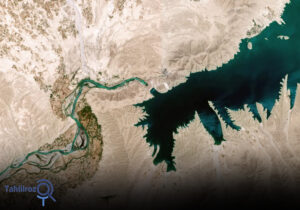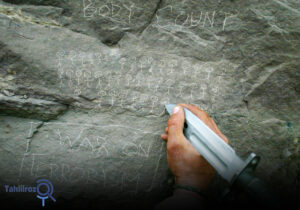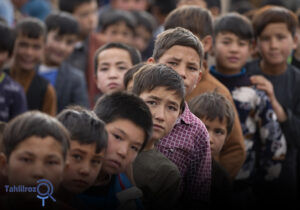On August 8, 1998, after a bloody war between the Taliban and the parties opposing the Taliban, the city of Mazar-i-Sharif fell to the Taliban.
Taliban captured Mazar-i-Sharif
On August 8, 1998, the Taliban militia forces captured Mazar-i-Sharif in northwest Afghanistan. The fall of Mazar-i-Sharif was part of a successful operation that gave the Taliban control of almost every major city and important significant territory in northern and central Afghanistan.
Human Rights Watch believes that at hundreds of civilians were killed as they were trying to evade the gunfire or escape the city.
In the following days, Taliban forces looked for male members of the ethnic Hazara, Tajik, and Uzbek communities in the city. It was claimed that Hazara genocide was the main purpose of this attack by the Taliban.
Meanwhile, a bitter incident happened. In the power vacuum caused by the war, the consulate of the Islamic Republic of Iran in Mazar-i-Sharif was attacked and seven diplomats and one Iranian journalist were martyred as a result.
Although, according to international law, diplomatic centers are immune from any kind of attack under any circumstances, but such a crime took place and resulted in a bitter tragedy.
Following the takeover, the Taliban did not allow journalists to travel anywhere in the area.
Investigations on Mazar-i Sharif terrorist attack
There is no way to know precisely how many people were killed in the weeks following the fall of Mazar-i Sharif to the Taliban, because investigations were not done appropriately.
Based on interviews with survivors and other informed sources, Human Rights Watch believes that at least 2000 may have been killed in the city and possibly many more.
The purpose behind Mazar-i-Sharif terrorist attack
The Hazaras were singled out because they are Shi’a. The Taliban forces that captured Mazar-i-Sharif included Pashtuns from Balkh.
Balkh Pashtuns were among the first troops entering the city and were identified among the Taliban troops who engaged in indiscriminate shooting on the first day.
Balkh Pashtuns also took part in the house-to-house searches and may have acted as informers identifying Hazara neighborhoods and houses.
Analyzing the terrorist incident, Taliban or ISI? Who killed Iranian diplomats in Mazar-i-Sharif
The attack on the Iranian consulate in Mazar-e-Sharif and the assassination of Iranian diplomats and journalists in 1998 are among the ambiguous events.

Some, including Allahmadad Shahsavan, the only survivor of this terrorist incident, did not consider the terrorists of the Iranian Consulate to be Taliban and believed that Pakistan’s ISI or Pakistani Taliban were the terrorists of that incident, and others strongly believe that the Taliban also played a major role in this.
Some others believed that it was the Taliban who did this terrorist act. To the extent that Abdul-Mannan Niazi, the commander of the Taliban forces at that time, who came to the consulate after the diplomats were killed, proudly spoke of having shed the blood of Iranian diplomats. He was later killed in Herat.
On September 19, 1998, the Guardian newspaper, in a report quoting Mohammad Hadi Nejat Hosseinian, Iran’s representative to the United Nations, called the “Taliban attack on Iranian centers in Mazar-i-Sharif” a “criminal act”.

While in Kabul, Mullah Mohammad Omar, the leader of the Taliban, asked for help from the United Nations to solve this crisis. Mullah Omar said that “problems between Afghanistan and Iran will not be solved under military pressure”.
The role of the Taliban in Mazar-i-Sharif terrorist attack
The Taliban who came and attacked the north of Afghanistan were led by Pakistani generals and probably the U.S supported them and they came for a specific purpose and took the north of Afghanistan, but we cannot say that the Taliban were unaware of the issue.
Considering all stated above, it cannot be denied that Taliban played a prominent role in this story. The Afghan commander who took responsibility for this attack, is an evidence that even the Taliban were not responsible for this attack, They knew that something was going to happen!
Final words
After 25 years of this event, it is still not clear that the armed people who killed Iranian diplomats and journalists in Mazar-i-Sharif were anarchic people or people with a special mission.
Anyone who had been an agent and played a role, whether in the Taliban government or outside the government or affiliated with any country, should be identified and punished for this genocide. The case must remain open.
Mohsen Shahrafiee, Political analyst
